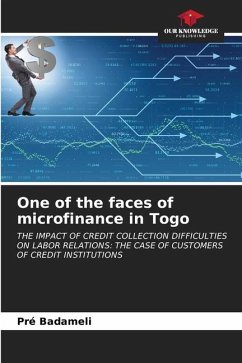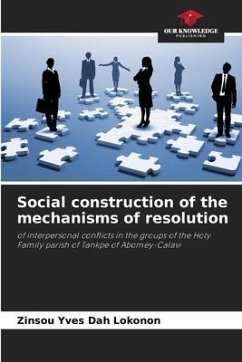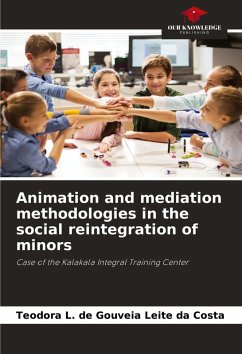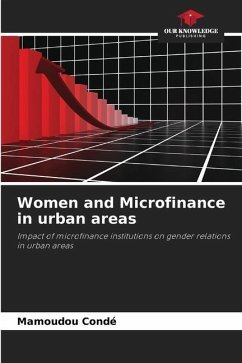
Unpaid debts and mediation mechanisms in microfinance
The case of the municipality of Toffo
Versandkostenfrei!
Versandfertig in 6-10 Tagen
29,99 €
inkl. MwSt.

PAYBACK Punkte
15 °P sammeln!
The persistence of unpaid debts is a major concern in various financial contexts, particularly in microfinance. This study examines the mediation mechanisms and practices influencing this problem in the commune of Toffo. It involved 50 participants, including 45 MFI customers and 5 MFI agents or managers, selected on a purposive basis. Data were collected using a questionnaire and interviews, then analyzed using statistical methods such as descriptive statistics, Student's t-test and chi-square test. The results indicate that the quality of loan analyses, distance between home and microfinance...
The persistence of unpaid debts is a major concern in various financial contexts, particularly in microfinance. This study examines the mediation mechanisms and practices influencing this problem in the commune of Toffo. It involved 50 participants, including 45 MFI customers and 5 MFI agents or managers, selected on a purposive basis. Data were collected using a questionnaire and interviews, then analyzed using statistical methods such as descriptive statistics, Student's t-test and chi-square test. The results indicate that the quality of loan analyses, distance between home and microfinance, experience in the sector, time spent studying files and lack of willingness contribute to the persistence of unpaid loans. The analysis reveals the importance of the various stages in the collection process, such as the detection of delinquencies, management by the debt collector and contact with the borrower. Debt rescheduling and regularization awareness-raising are identified as effective mediation tools, facilitating debt collection while preserving the relationship with the borrower.














